Middle School
What makes the Waldorf School of Garden City’s middle school so remarkable? We’re intentionally small, so all students get the attention they deserve. Many core academics are taught in intensive blocks, providing learning that is deep and thorough. Woodworking and class plays are as much a part of the curriculum as math and science. In seventh and eighth grades, students go to our to campus in New Hampshire for a week in the great outdoors, sail the ocean on a seaworthy nineteenth century schooner for their eighth grade trip (location varies from year to year), and travel into New York City’s many cultural hotspots to experience firsthand the history, art, music and architecture they’ve studied.
A Distinctive Education: Key Points
The use of drawing, painting, music, movement, poetry, modeling and drama enhances the learning experience in all subjects. A high value is placed on imagination and creative in the middle school. This encourages a strong sense for the artistic and cultural life and is supported by an aesthetic teaching environment.

Key subjects are taught in `Main lessons`: blocks of up to four weeks of the same topic, usually for two hours every morning, allowing for depth, integration and focus. The rhythms of the day, week, month and year give a context that is enhanced by seasonal celebrations.
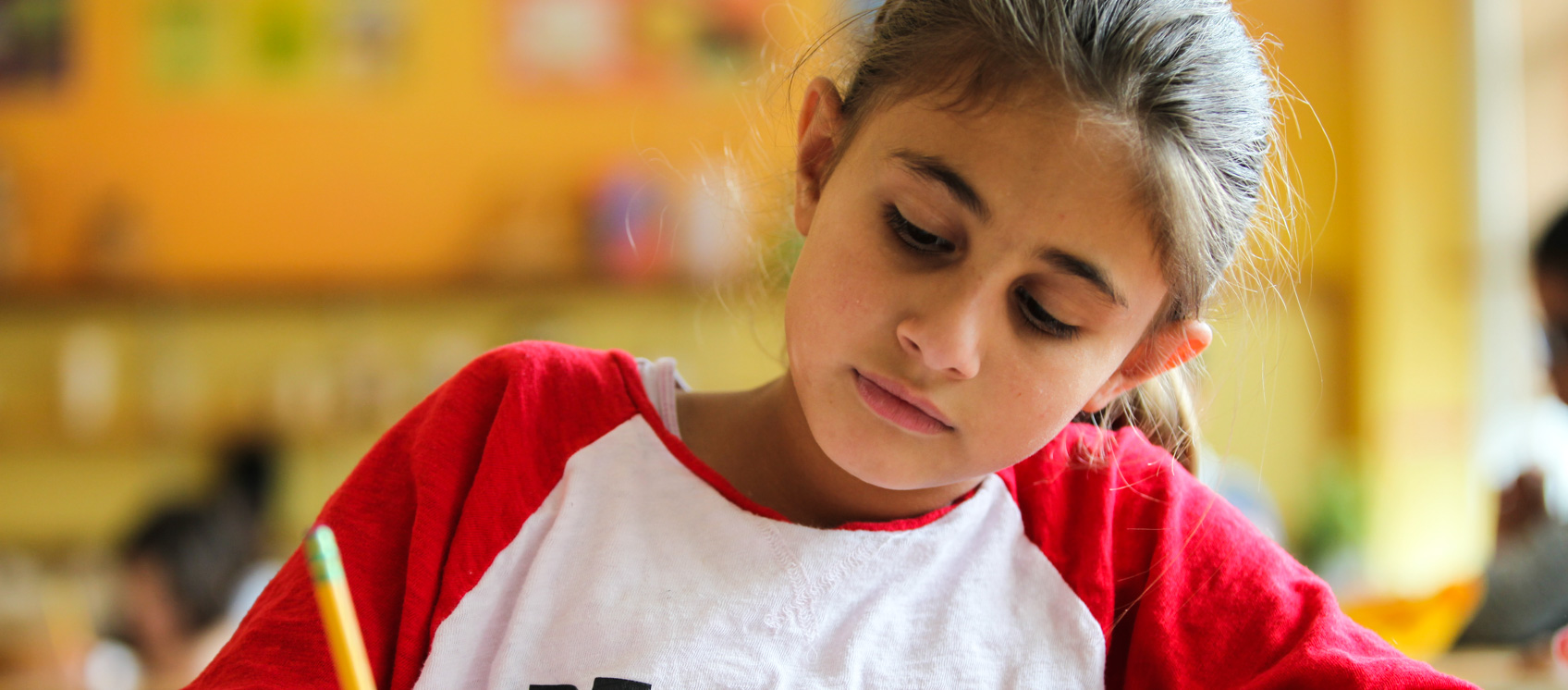
There is a central place for structured movement, the outdoor environment and learning through doing across the entire age-range. The school timetable may include traditional games, sports, eurythmy, gymnastics, drama productions and an extensive program of woodworking, fiber arts and other artistic activities.

Social and emotional skills are fostered in a variety of ways including by the exploration of global and social perspectives at the middle school level.
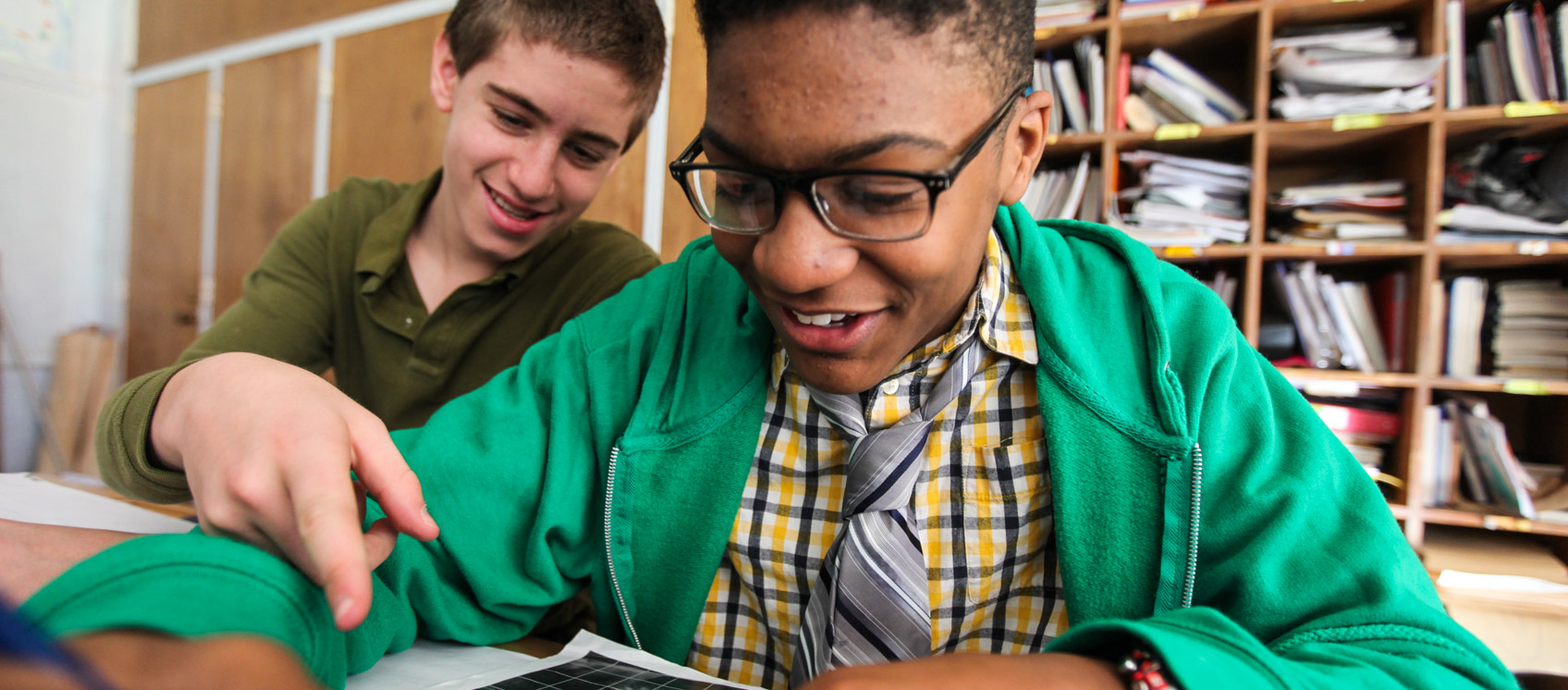
The oral and narrative tradition is brought to life though recitation, drama and an extensive use of poetry, stories, myths and legends from all cultures.

Not too soon, not too late. The lesson content and its method of presentation are linked to the children’s emotional, social, physical and intellectual development. The education is provided in a way and at a pace that respects the child’s developmental journey.
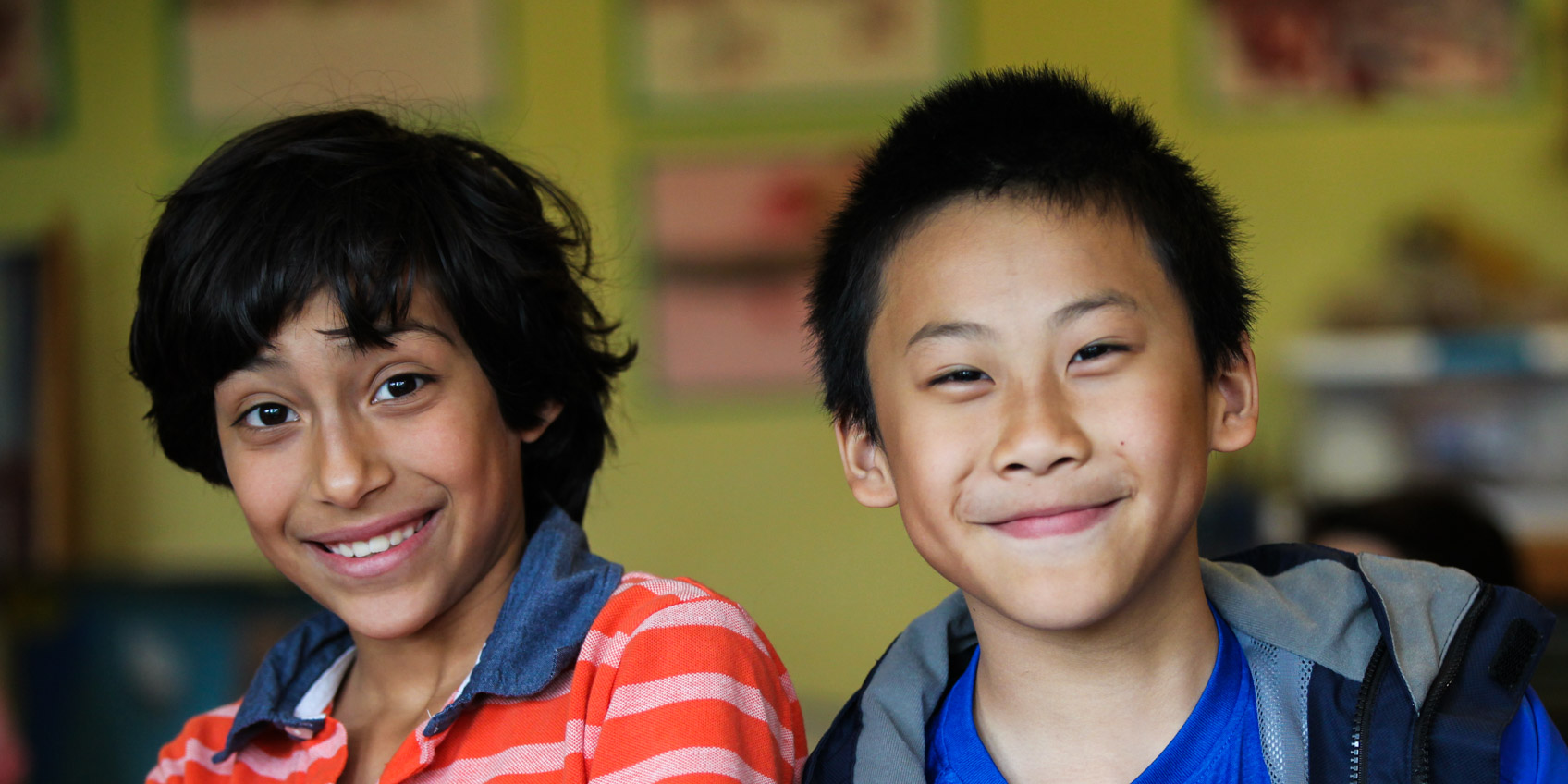
The unique qualities of each child can be observed and described, but not always measured. The development of every pupil is closely monitored, mainly through ongoing formative assessment and in-depth study.
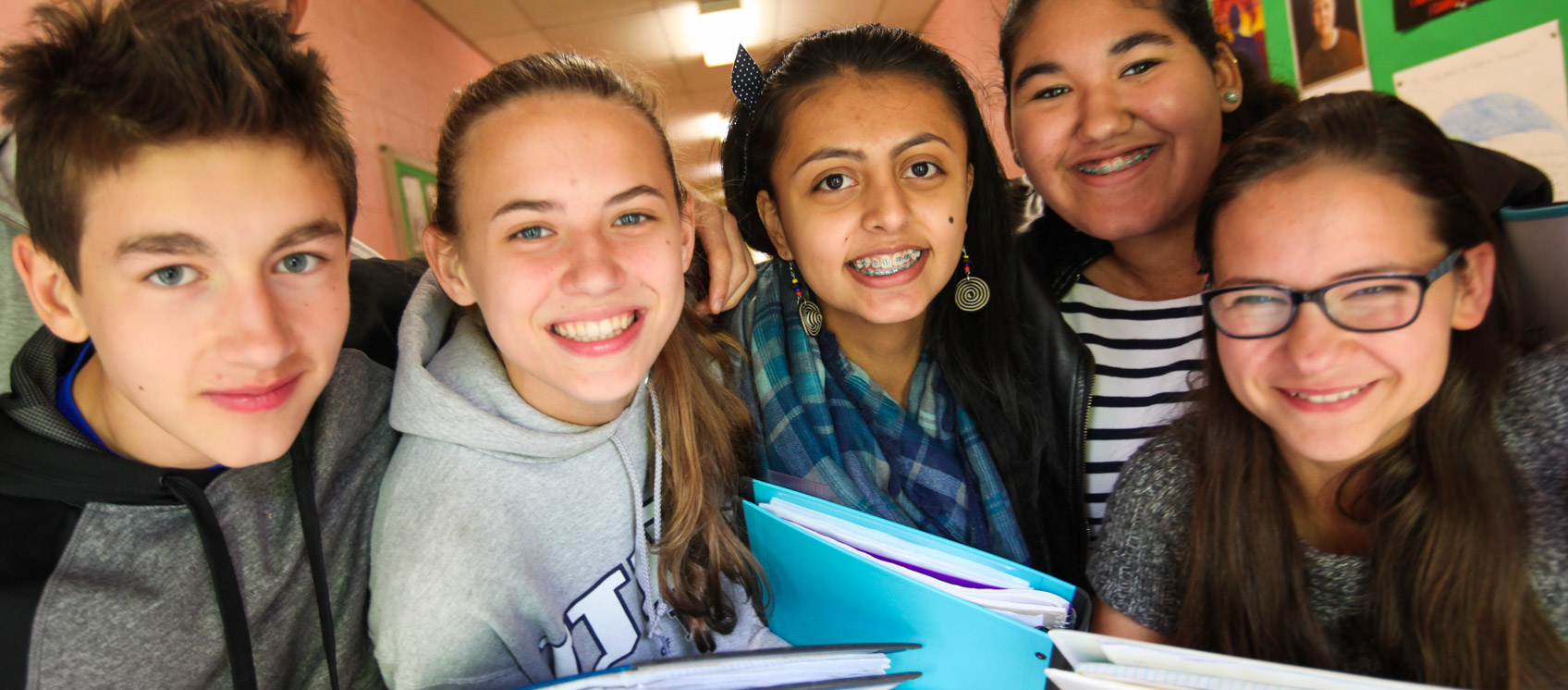
Every pupil is expected to give of their best across all disciplines, thus avoiding one-sidedness and early specialization. Hard-work, determination and good teaching can always build on innate ability.
The Middle School curriculum enhances students’ reasoning capacities in their developmental transition from active do-ers and explorers to critical thinkers with acute skills in reasoning, dialogue and synthesizing information from multiple sources to draw reasoned conclusions. In the Middle School, students take an active role in the interpretation and translation of information. Students engage in the scientific process of exploration, logical reasoning in conceptual mathematics, and the study of codified systems of governance. They learn the physical laws of the universe and study the changes and migrations of cultural development in various historical eras. In all these, students engage in the processes of reformulating data, constructing theories, debating complex issues in light of influencing contexts and drawing conclusions based on well founded reasoning.
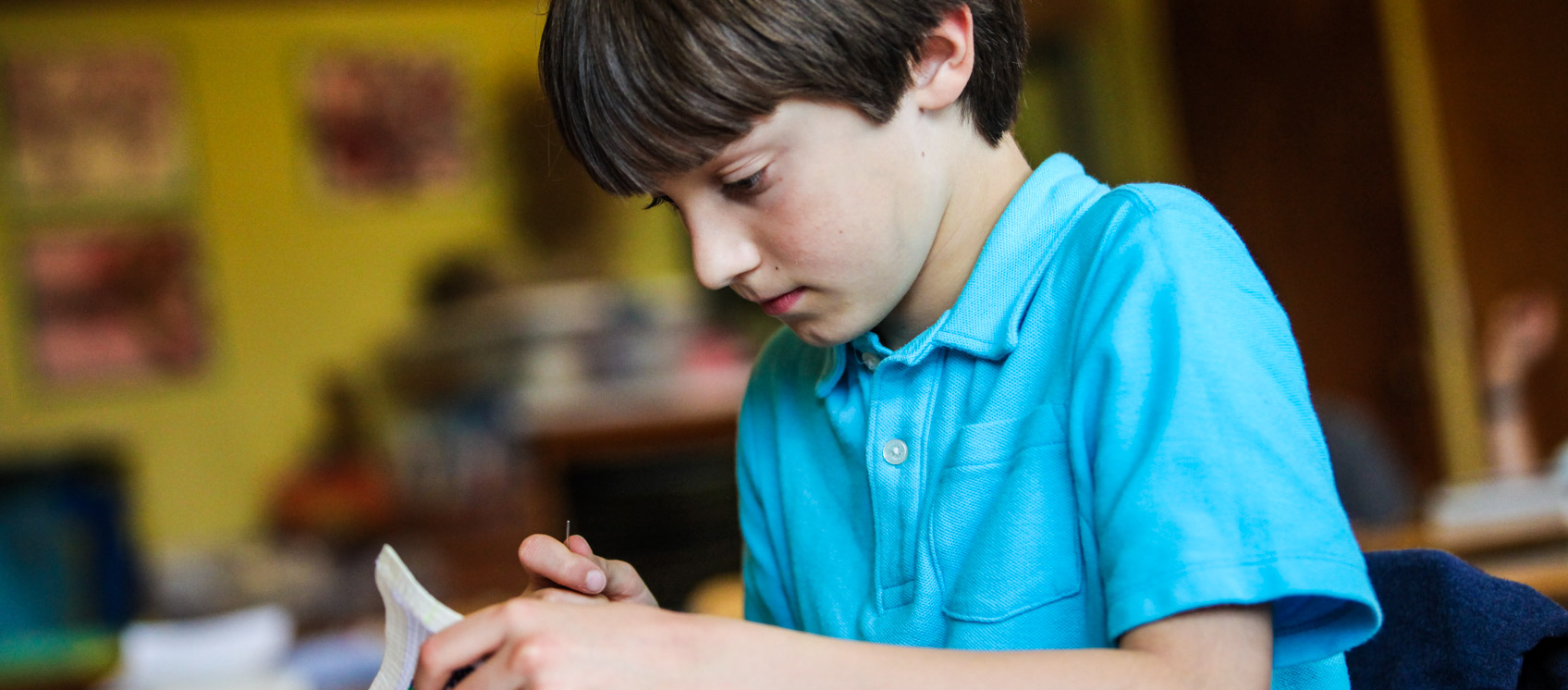
In the social realm, students’ interpersonal skills and communicative abilities are bolstered by opportunities to engage in projects with practical and “real world” applications. They learn business models, organize fundraisers and take an active involvement in supporting humanitarian advocacy groups. The Middle School class field trips take on a more ambitious scope that includes physical challenges and travel that test students and allow them to build confidence in their capabilities as well as create memorable bonding experiences. By the end of eighth grade, students have not only mastered skills, but have also gained a growing understanding of how things learned in the classroom are connected to each other, to the outside world and to their own lives.

 Curriculum
Curriculum